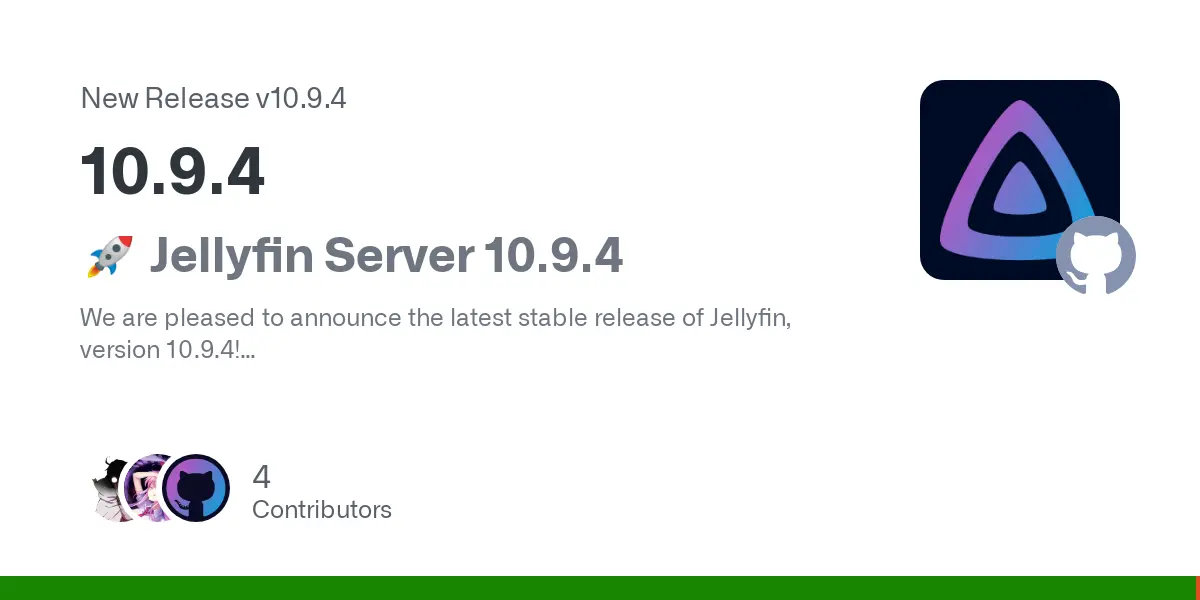- cross-posted to:
- selfhosted@libretechni.ca
And I just updated my server to the .3 release 😅
Lucky you, I tried to get it updated, had to update Ubuntu, then couldn’t get a login in terminal through proxmox, got pissed and restored from backup lol.
That’s the brief version. Obviously this was four hours and I had to search a ton and join a discord to even get that far.
I just changed my docker tag from :10.8.13 to :10.9.3 and had absolutely no issues.
10.9.3 isn’t even out on freebsd yet lol
WOW Looks like they have uncorked the update process, could be a wild ride for a bit
Do all of these amount to hot fixes? This seems like quite a flurry after the major release.
.1 was hotfixes to do with the major release.
Everything since then appears to just be shipping features as soon as they are proven stable.
Some folks in that thread had problems after trying to upgrade. Make sure you take a backup before attempting this.
I assume I should probably wait for my multi-day running Trickplay task to finish before attempting an update, right? :)
I’ve updated 10.9.1 -> 10.9.2 -> 10.9.3 (and I’m about to do .4) and I just manually fire off the trickplay generating task after each update.
It quickly walks through the files that have already been done and then resumes processing from where it left off.
Currently at 13% after like 10 days or whatever it is.How long has yours been taking? Mine has been running for roughly a week and it’s now on 98% That really surprised me since I don’t even have that much data. It’s sadly also just running on one core.
Mine’s been running for about 5-6 days now, also not a huge library. I’m running Jellyfin in an LXC container on a host with 16 CPU cores. Started with 4 cores, but have bumped it up to 8. I have noticed that when it is generating the Trickplay images for h.264 content it only uses about 8% of the available CPU resources. When generating images for x265 it uses about 60-70%.It doesn’t seem to matter what the priority for the trickplay job is set to.
Is it safe to use
JELLYFIN_SQLITE__disableSecondLevelCacheall the time or should it only be used for testing?I have had a lot of database lock issues since 10.9.





